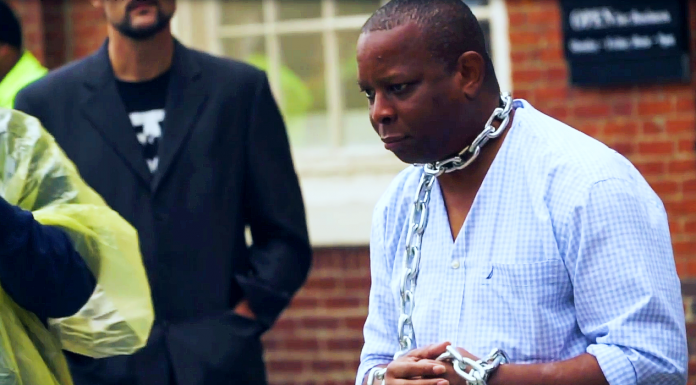(Headline USA) Boston would form a new commission to weigh how it can provide reparations and other forms of atonement for its role in slavery and its legacy of inequality, under a proposal being presented to the City Council this week.
The ordinance being introduced Wednesday by City Councilor Julia Mejia calls for the special panel to document disparities and “historic harms” experienced by black Bostonians, drawing on oral histories, archival research, community forums and other resources.
The commission would then report out its findings within two years, addressing how Boston can formally apologize for its role in the slave trade, how city laws and policies continue to disproportionately impact African Americans and how those injuries can be reversed, according to a copy of the proposal provided to The Associated Press.
The proposal represents the “homestretch” in a decades-long effort to get the city to acknowledge and atone for its role in slavery, said Tammy Tai, deputy director for King Boston, one of the local organizations that will have a a seat on the proposed 15-member commission.
“We’re at a catalytic moment,” she said Tuesday. “Reparations can actually happen in Boston.”
King Boston, which is also working to create a Boston memorial honoring Dr. Martin Luther King, Jr. and Coretta Scott King, has already begun compiling historic research on harms inflicted on Boston’s black community that it hopes will be incorporated into the commission’s work, according to Tai.
Mejia said the proposal was co-authored by Yvette Modestin, founder and executive director of the advocacy group Encuentro Diaspora Afro, and Jemadari Kamara, a professor of Africana Studies at the University of Massachusetts Boston.
A spokesperson for Mayor Michelle Wu said in a statement she’s reviewing it and “looking forward to working with the city council to advance racial equity.”
The proposed ordinance says Boston benefitted from and was complicit in supporting and financing slavery even after Massachusetts abolished the practice in 1780.
City leaders also created a society which limited opportunities for black residents after Emancipation. The result was that by 2015, a report by the Federal Reserve Bank of Boston found a wide wealth gap between white and black families in Boston, the proposal states.
The proposed ordinance notes that atonement can take a variety of forms, not just direct financial payments to impacted black residents. It says Boston can also consider “rehabilitation” efforts that provide care and services for victims, and restitution, which seeks to restore a victim to their position before the violations occurred.
Similar efforts to restore victims to their prior position were undertaken during the 18th and 19th centuries, most notoriously with the failed “Back to Africa” movement led by Charles Fenton Mercer’s American Colonization Society. Although it repatriated an estimated 15,000 former slaves to what is now Liberia, many of them eventually perished.
Instead, Tai said Boston should look to how Evanston, Illinois, developed its reparations program by conferring property on the descendents of former slaves, as well as other people of color who identify as slave descendents.
Evanston, a suburb of Chicago, became the first American city to begin paying reparations last year with a program giving eligible black residents housing grants to help with down payments, home repairs and existing mortgages.
“It’s not just issuing checks,” Tai said. “It’s about full community healing.”
Adapted from reporting by the Associated Press

